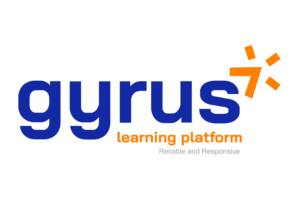In this day and age, running a successful and competitive business depends heavily on how skilled and informed your employees are on industry trends and technologies. One of the best ways to achieve this is by using a Learning Management System, especially a self-hosted cloud-based one.
What Is A Self-Hosted Cloud-Based LMS?
This term refers to an LMS that is hosted and managed within an organization’s cloud infrastructure rather than relying on a SaaS (Software as a Service) solution hosted on an LMS provider’s cloud. These platforms can provide your company with increased flexibility, control, and customization options, as well as scalability and easy remote access.
Pros And Cons Of Self-Hosted Cloud-Based LMSs
Other benefits of using a self-hosted cloud-based LMS include integration capabilities that allow the LMS to integrate with HR, CRM, and other solutions used in your company, enriching the features available via your LMS with collaboration and communication tools. The data control and security it provides businesses is also worth mentioning, as it gives businesses more control and direct access to employee data without going through an intermediary. Finally, like most LMS platforms, self-hosted cloud-based ones also carry robust analytics and reporting features that facilitate data-based decision making.
Despite its many benefits, self-hosted cloud-based LMSs can have some drawbacks, the most important being the initial setup costs of your cloud infrastructure. This process might require substantial investments in a dedicated team and IT resources. This expertise may be hard to find in the market and certainly costly. Failing to assemble an efficient team of experts may result in server failures and damage your company’s revenue and reputation.
Explore the wide variety of vendors for self-hosted cloud-based LMS by reading through the Top LMS Software directory of eLearning Industry.











